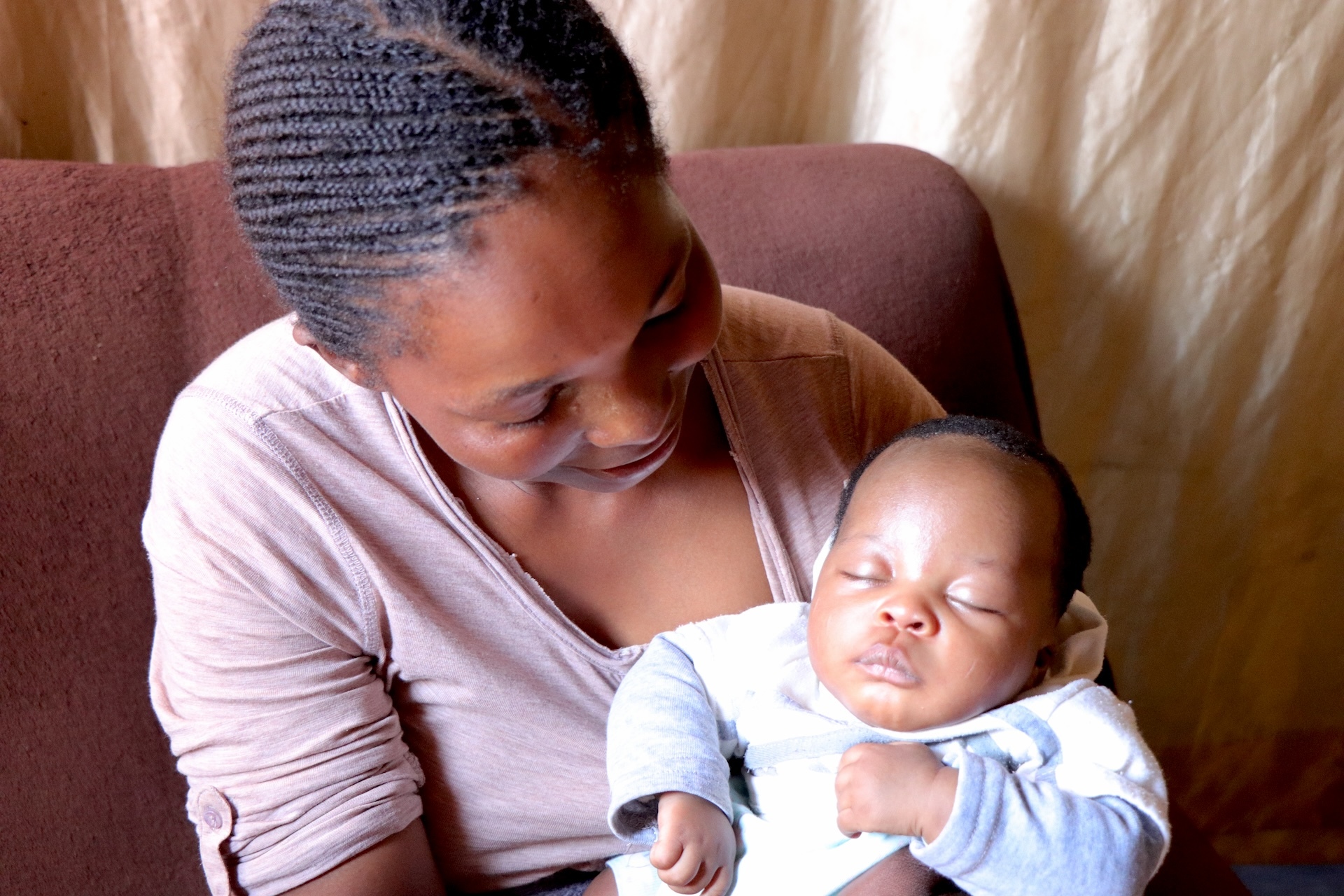When you first meet Potlako Moepi, 14, you see a quiet, shy boy. Sitting beside his older brother, Sechaba, he is barely audible, nodding to most of our questions. Sechaba answers most of the questions for him. But the more you get to know Potlako, the more you appreciate his stoic maturity.
Potlako grew up in Nazareth, a village on the outskirts of Maseru, Lesotho’s capital city. Since the death of his parents in 2015 and 2016, Potlako and his eight siblings have provided care for each other.
During our meeting with Potlako, Sechaba, 26, explains that since Potlako was a little boy, he was an active, playful child and a good student. Then things changed, he had no energy, coughing all the time, losing a lot of weight. He was just not himself.
Sechaba, who is also his guardian, first took Potlako to traditional healers, but his health did not improve. Eventually, Sechaba took Potlako to Queen Elizabeth II Hospital in Maseru. There, the doctor referred him for an X-ray and it was immediately confirmed that he was suffering from Tuberculosis (TB). Potlako was started on treatment and is now regaining his health. He will be staying with his brother in Maseru until he completes his six months of treatment.
The medicine sometimes makes him feel nauseated. Potlako shares in his sweet but solemn voice that since he likes school, he takes his medicine at night—so he can concentrate better during the day. Since he started treatment he is feeling much stronger, and he has promised to complete his treatment.
Lesotho is among the 30 high-TB-burden countries in the world.
While TB is a killer, it is it is often not diagnosed, according to Samson Lanje, M.D., senior TB advisor for the Lesotho Elizabeth Glaser Pediatric AIDS Foundation (EGPAF). Dr. Lanje points out that only 48 percent of TB cases were reported in 2017. Diagnoses in children were even lower.
Children are among the most affected by TB, often acquiring the disease from adults in the same households. When a child is exposed, she or he is more likely to develop active TB. Often, children with TB will go undiagnosed and be ineffectively treated for many other ailments.
Yet TB is treatable, curable and preventable.
Dr. Lanje appealed to health care workers to ensure TB preventive therapy is offered to children of TB patients. He also called on community, especially TB patients, to demand TB preventive therapy for their children in order to protect them from the disease.







